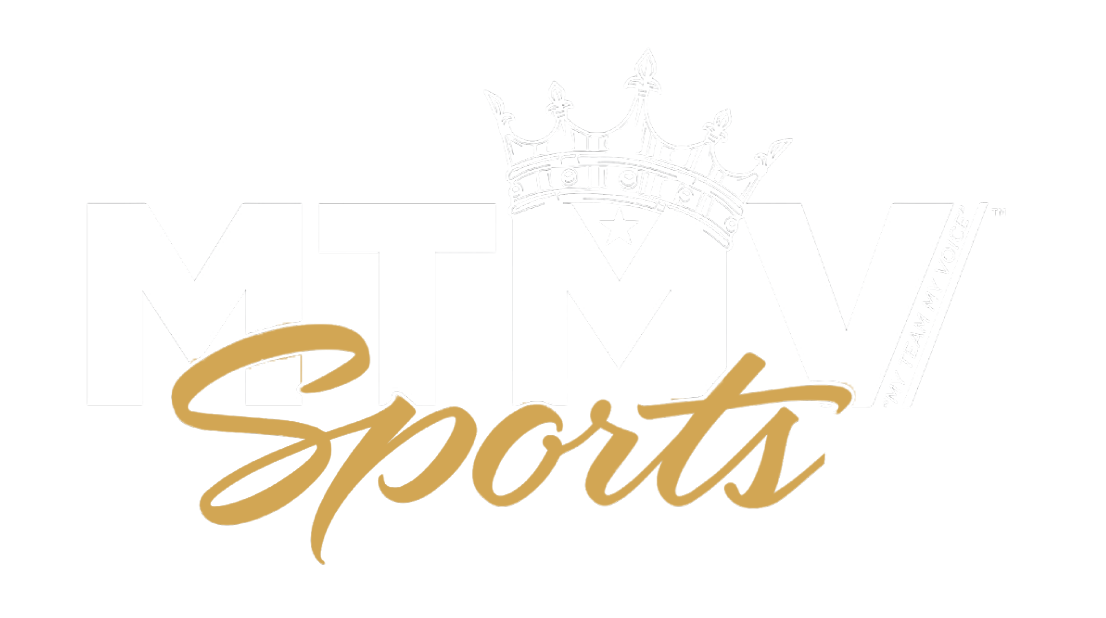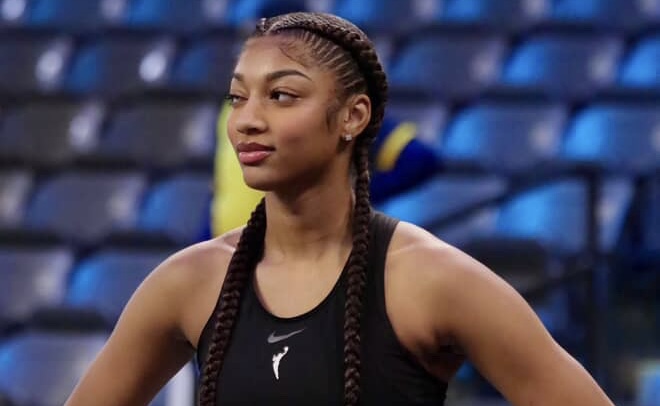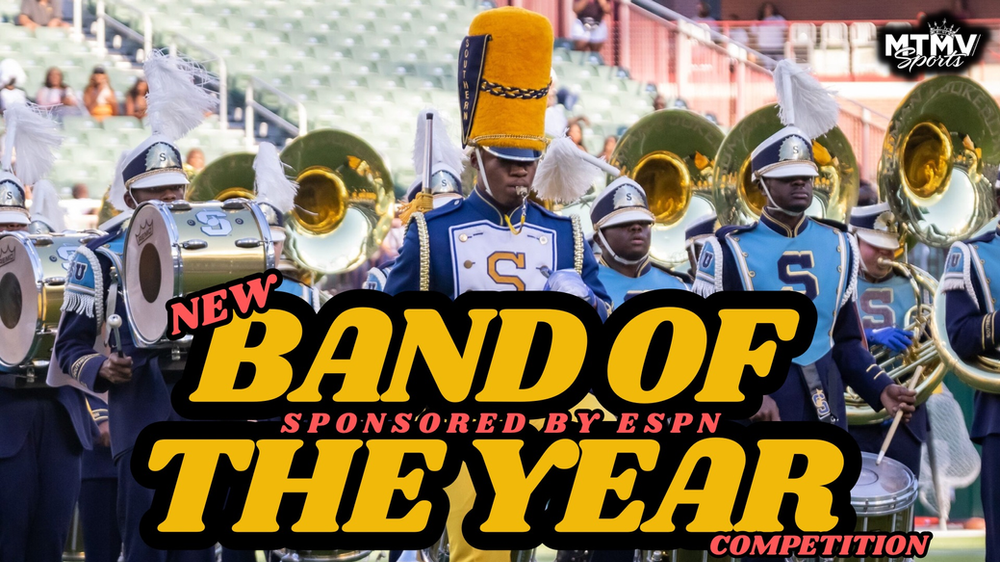
When the announcement of the ESPN Band of the Year competition was released last week, most HBCU fans could only think about the positives of the announcement. Honestly, it would be hard not to dive into the positives. However, once we put up the video and the HBCU fans started to comment, one of the comments made us dive into the Pros and the Cons of this new announcement.
n
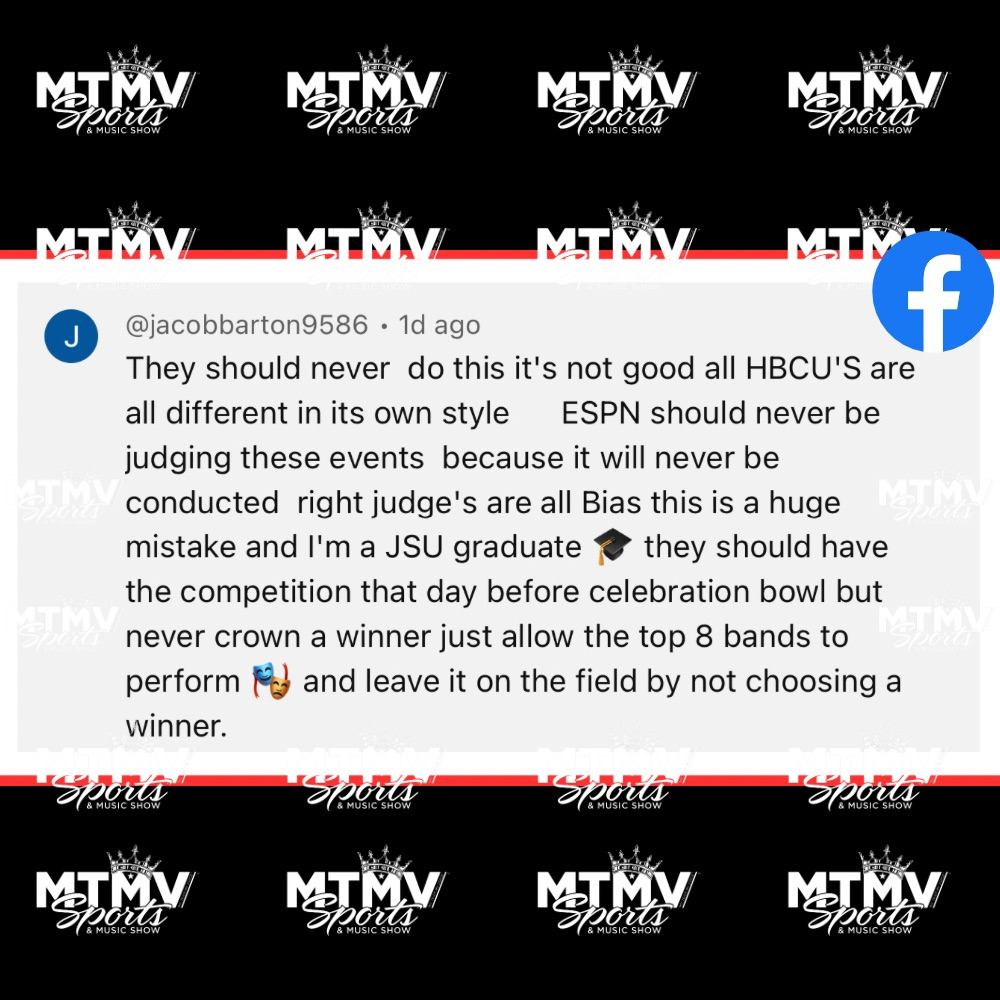
The Band of the Year National Championship competition will be set at the Mercedes-Benz Stadium and live streaming on ESPN platforms, the Band of the Year National Championship. This prestigious competition, scheduled to precede the 2023 Cricket Celebration Bowl, will feature the nation’s top marching bands from Division I and Division II Historically Black College and Universities (HBCUs).
nn
While this initiative fosters talent and contributes to the development of the marching band tradition at HBCUs, it also raises critical questions about competitiveness, transparency, and objectivity. This article dissects the pros and cons of this annual championship, delving deeper into the implications it holds for the participants, stakeholders, as well as the broader HBCU community.
Firstly, the Band of the Year National Championship provides a national stage for the HBCU bands, a platform to showcase their talent and skills. Some will say that we already have “Showcases” for this very purpose. That is true, there have been Showcase Events to display the talents of our great HBCU Bands, but there has never been a season long competition where every performance matters and is graded to contribute to a national ranking. That changes the game and changes bragging rights. This raises the visibility of HBCUs and their musical programs beyond their local communities, potentially leading to increased enrollment and funding.
n
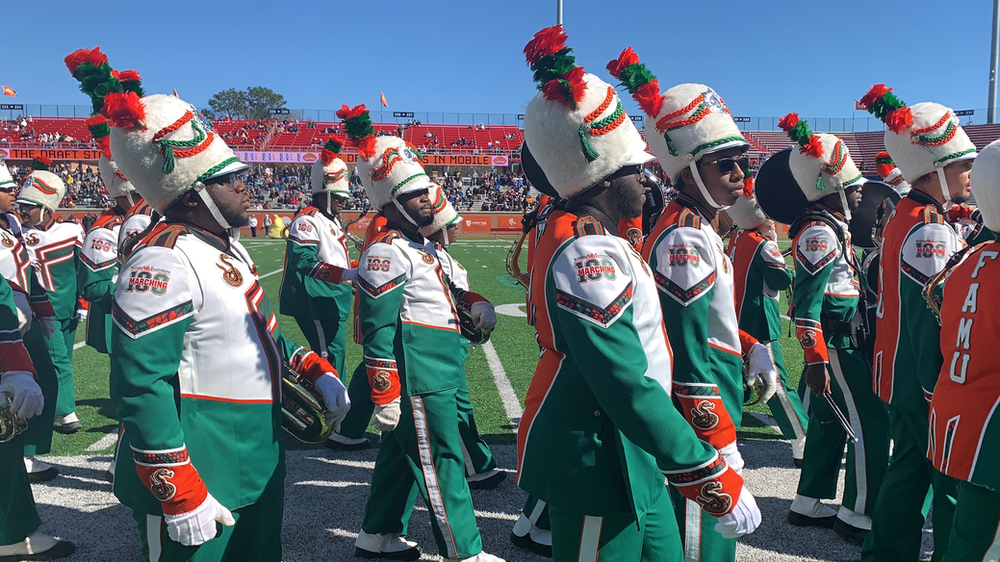
However, the competitive nature of the event could foster unhealthy pressure on the students competing and make attaining scholarships more difficult. An excessive focus on competition could overshadow the core values of teamwork, discipline, and a love of music that these bands cultivate. HBCU bands have always been competitive, but there are very rare cases where a true winner is declared. Now with winners being not only declared but announced to a national audience, the pressure to produce the best product will change. This could lead to the criteria to obtain a band scholarship drastically changing, as the pressure mounts to put only the best on the field. So that “out of shape” trumpet player that sounds great, but struggles to get in formations quickly could lose out on scholarship opportunities. While this could be motivating for some it could be devastating to others hoping to further cultivate their love of music at an HBCU.
n
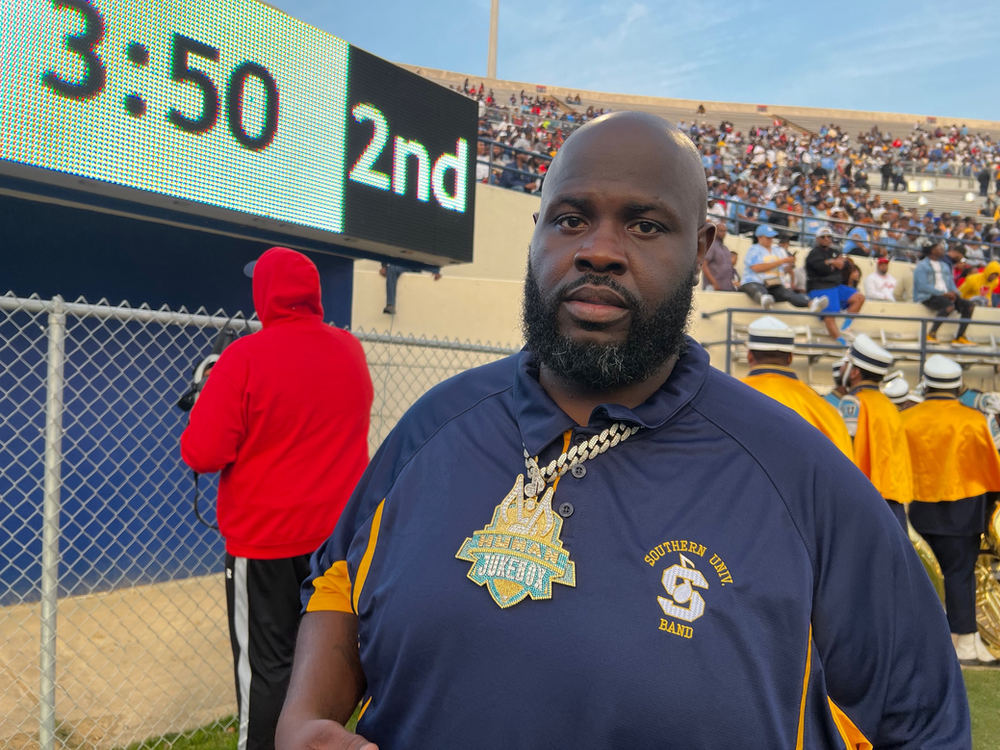
Offering unbiased judgement is another pressing challenge. The annual competition brings an element of objective assessment to the fore, with the bands ranked based on their weekly performances by a selection committee of marching band experts. But it is essential to consider whether it’s practically feasible for an unbiased judgement, considering that every band has its unique style resonating with their culture. Also the man leading the charge, Mr. Dillon Roberts, while being a very decorated band director and a major contributor to both Drumline movies, is a FAMU alum. Which leads to questions like who else will be on the selection committee? Will scores be called into question if FAMU wins the first competition or is ranked #1 overall the first few years. Those are all potential issues as HBCU fans won’t hesitate to call out the bias if they see it. However, with that being said, who other than an HBCU grad should be leading this charge? There is also a fan voting component. How much will that factor into the final score? Will band performances be penalized for being in a smaller market or having less interested fans? This has the potential to start HUGE arguments and debates if it’s not approached in a way that circumvents these concerns. It is our hope that Mr. Roberts and Mr. John Grant, executive director of the Celebration Bowl and all events surrounding the Bowl game, considered all these things as they form the final selection committee.
nn
Despite the potential challenges, there are some huge benefits that could come out of this initiative. One major benefit is increased opportunities for sponsorships like the current SWAC sponsorship with Pepsi or Cricket’s sponsorship of the SWAC/MEAC Challenge. Secondly, This competition could also lead to some of the absolute best band performances we’ve EVER seen in the history of college football. HBCU bands already set the standard for what a band could do to entertain crowds and be in sync with its football team. If you don’t believe me, ask Coach Prime.
However, now with the ultimate bragging rights on the line we might see Beyoncé on the field with Grambling or Cardi B performing with Howard. We could see bands attempting mid-air formation, bands created animal formations on the field ( like PVAM creating the formation of a Panther on the field or Southern lining up as a Jaguar), or Bands performing fire tricks or laser light shows. Band director who have gone on for years appreciated for their service will now be judged according to their yearly ESPN rankings and that pressure could burst innovations that never could have imagined.
nn
In conclusion, the Annual Band of the Year National Championship offers both opportunities and challenges. It is a commendable initiative that recognizes and boosts the artistic prowess of HBCU bands as well as promoting their rich traditions. Despite the concerns it raises, the succession of this championship ultimately holds the potential to inspire the coming generations, enrich the band culture, and contribute positively to the HBCUs’ narratives. Future management should aim for the competition to maintain a positive learning environment, focusing on merit-based outcomes while promoting the love for music, camaraderie, and the dignity of each institution. In short, I can’t wait to see how this unfolds.
